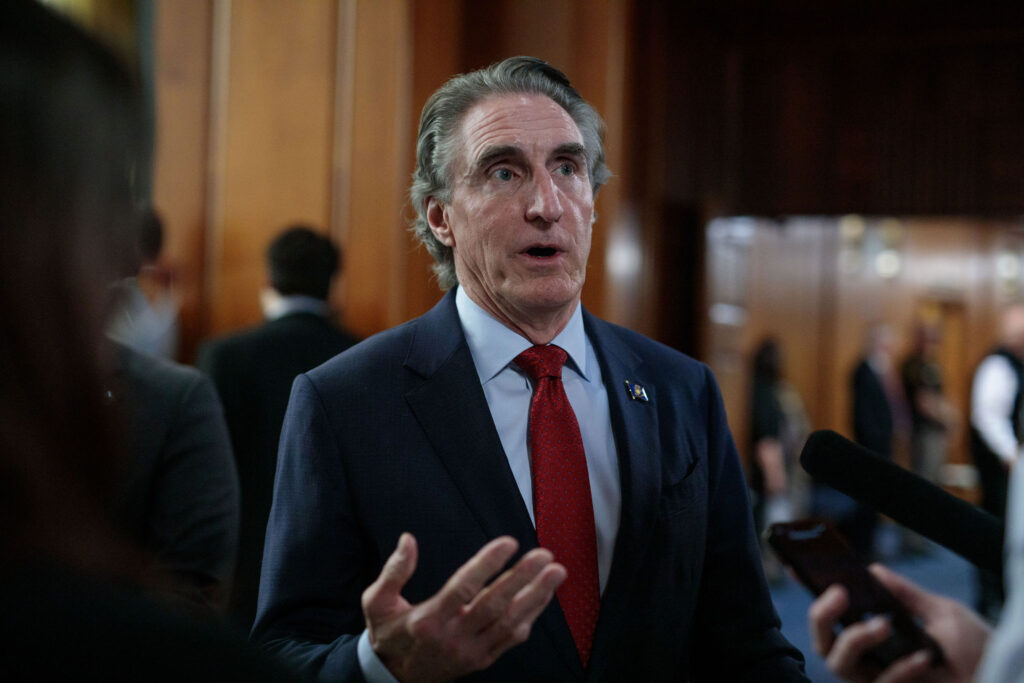
Mary Steurer/Minnesota Reformer – North Dakota is still weighing whether to challenge Minnesota’s new carbon-free energy standard nearly a year after top officials sent a letter to Minnesota’s governor calling on the state to modify its plan.
The plan, enacted by Minnesota lawmakers earlier this year, requires Minnesota utility providers to transition to 100% carbon-free electricity sources by 2040. That includes sources brought across state lines.
North Dakota officials are worried the plan could threaten the state’s gas and coal companies.
Over half of the electricity generated in North Dakota goes to out-of-state customers, and most of that supply goes to Minnesota, according to the North Dakota Lignite Energy Council.
While the Minnesota Public Utilities Commission still has to iron out some of the details related to the plan, the uncertainty has already made it difficult for energy companies in North Dakota to plan for the future, the North Dakota Lignite Energy Council said.
The North Dakota Industrial Commission — which comprises Gov. Doug Burgum, Attorney General Drew Wrigley and Agriculture Commissioner Doug Goehring — met in a closed-door executive session Monday afternoon to discuss legal matters related to the Minnesota plan.
After the executive session, Wrigley said the commission is waiting to see how Minnesota implements the standard before taking action.
North Dakota expects to file public comment with Minnesota regulators on the plan early next year, Wrigley said.
In January, the North Dakota Industrial Commission sent a letter to Minnesota Gov. Tim Walz voicing concerns that the law would illegally restrict North Dakota commerce. North Dakota officials also signaled that if Minnesota adopted the proposal unamended, North Dakota may take legal action. Walz signed the measure into law in February.
North Dakota successfully sued Minnesota over a similar law the state adopted in 2007. That measure, which was ultimately struck down by the courts, barred Minnesota from buying energy from any new out-of-state coal plants.
A federal district court judge in 2014 ruled that the law was unconstitutional because it effectively regulated the economies of other states.
Minnesota also lost at the U.S. Court of Appeals for the Eighth Circuit in 2016.
